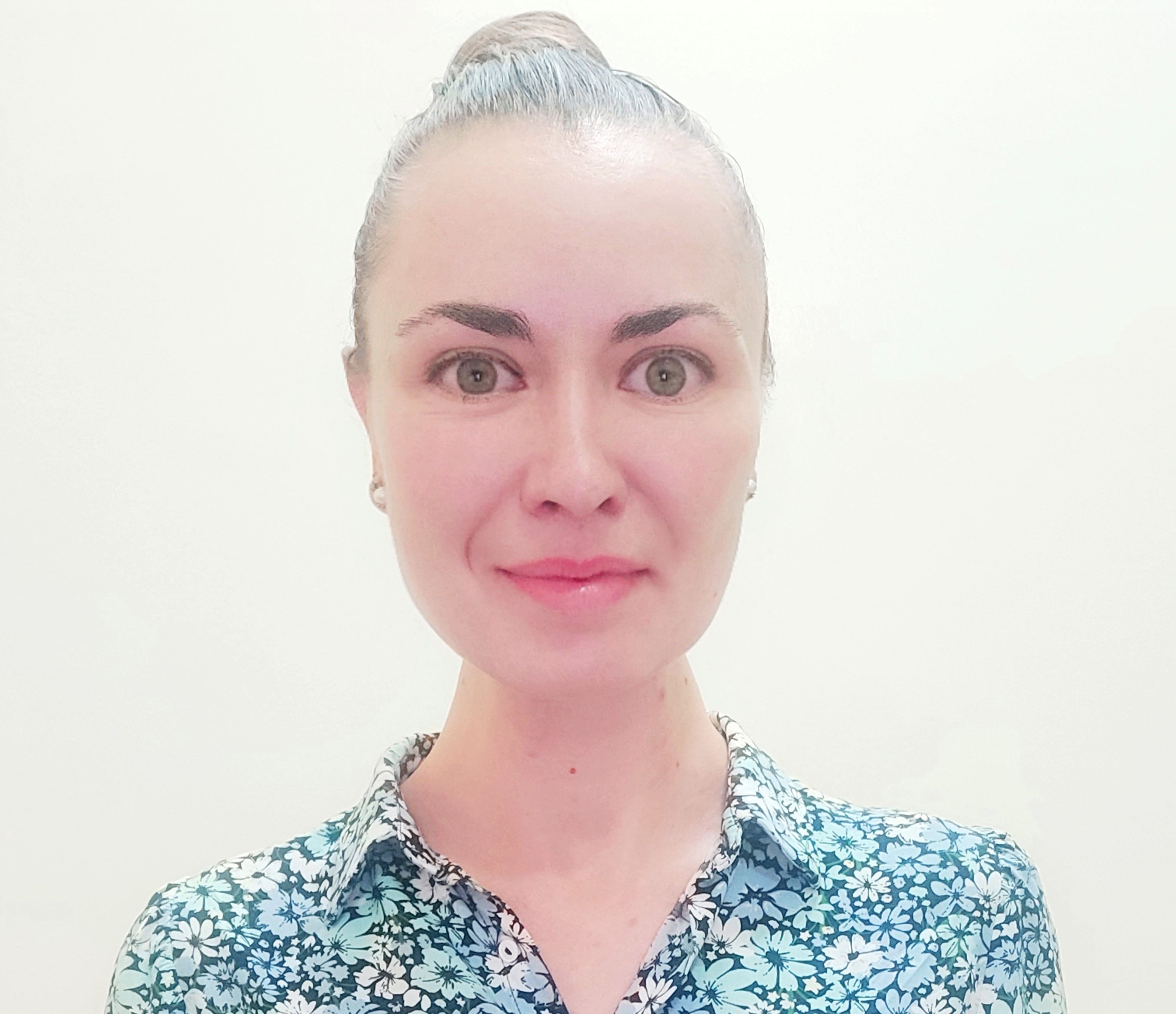What attracted you to the programme?
I am a humanitarian and development worker, having had an opportunity to support child protection systems and processes across a range of contexts, such as Ukraine, Iraq, Nigeria, Bangladesh, Sudan, and now within Europe. That time back, I learnt from several of my colleagues about this programme, being praised for its well-rounded approach and, importantly for me, an opportunity to pursue it entirely online. That meant that I could study the programme, while working full time in the field, with limited internet connectivity and with frequent travels. Moreover, I was attracted by a variety of modules offered within the programme, which meant I could deepen and broaden my knowledge and progressively apply it to my practice.
 Which areas of study did you find particularly inspiring?
Which areas of study did you find particularly inspiring?
Considering the nature of my work, the theme of international child protection was very appealing to me. At the same time, a holistic approach to this course allowed me to look at the field of child protection from many different angles and get inspired by different settings and contexts. I also greatly appreciated a constant emphasis on bringing together theory + research + policy + practice which is crucial for both elevating this area of work and my own knowledge and skills to higher quality.
What sort of support is there for postgraduate students?
One of the things that greatly supported my studies was a very well-structured online platform which offered access to all the readings and lectures; it was really easy to navigate and get access to all the materials regardless of my physical locations. Secondly, the online library is very rich, and it is entirely up to you how deep you want to dive in any specific areas of your interest. Of crucial importance, and of my greatest appreciation, was having assigned supervisors who would support with writing essays and unpacking any element of the course which wasn’t entirely clear to me. Not only supervisors were always available (sometimes on a very ad-hoc basis), but they gave me a sense of safety which made asking any question, no matter basic, comfortable and without worries of being judged.
How do you find work-life balance with part-time study?
Well, I must admit that juggling full-time work and part-time studies does require quite some discipline😊 For me, it was really important to anticipate my workload, plan in advance, and block time in my calendar to dedicate to the studies on a regular basis. I found that reading and/or writing small pieces daily (or almost daily) makes the studies enjoyable and does not put significant pressure. By following this step-by-step approach, I could not only do my work as usual and study, but also have time for hobbies.
How is your course helping you in shaping your career?
Following the completion of the programme, my current role is more focused on providing technical advice and expertise on different areas of child protection to the teams in different countries we work in. This constituted a shift from previously more managerial and technical coordination function. I also became more aware and more interested in not only exploring but also applying the “theory + research + policy + practice” to my work. Although it might seem obvious, in my professional life it really opened up many new and creative opportunities for analysing things and proposing more diverse and creative solutions to multiple issues children and youth face.
How has this course changed you?
I would capture this change by the word “empowering”. The course really empowered me to do things which seemed quite challenging at first, yet turned out feasible and rewarding. It also pushed me to go an extra mile and to do a bit better each time, academically, professionally, and personally.
What are your plans for the future?
My plan is to continue working in the field of child protection putting to practice my strengthened or newly acquired knowledge and skills, hopefully with a progressively better quality 😊 The course also made me quite interested in social research, especially bringing children’s voices and their lived experiences to the forefront of both practice and research. Moving forward, I would consider combining my work with applying for PhD to do research with children who have difficulties having their voices heard and acted upon, especially in humanitarian settings.
Any advice for prospective students?
My humble advice would be not to delay these studies for a long time 😊 Now, looking back, I am wondering why I have not done this programme earlier, so rewarding and empowering this process was.
